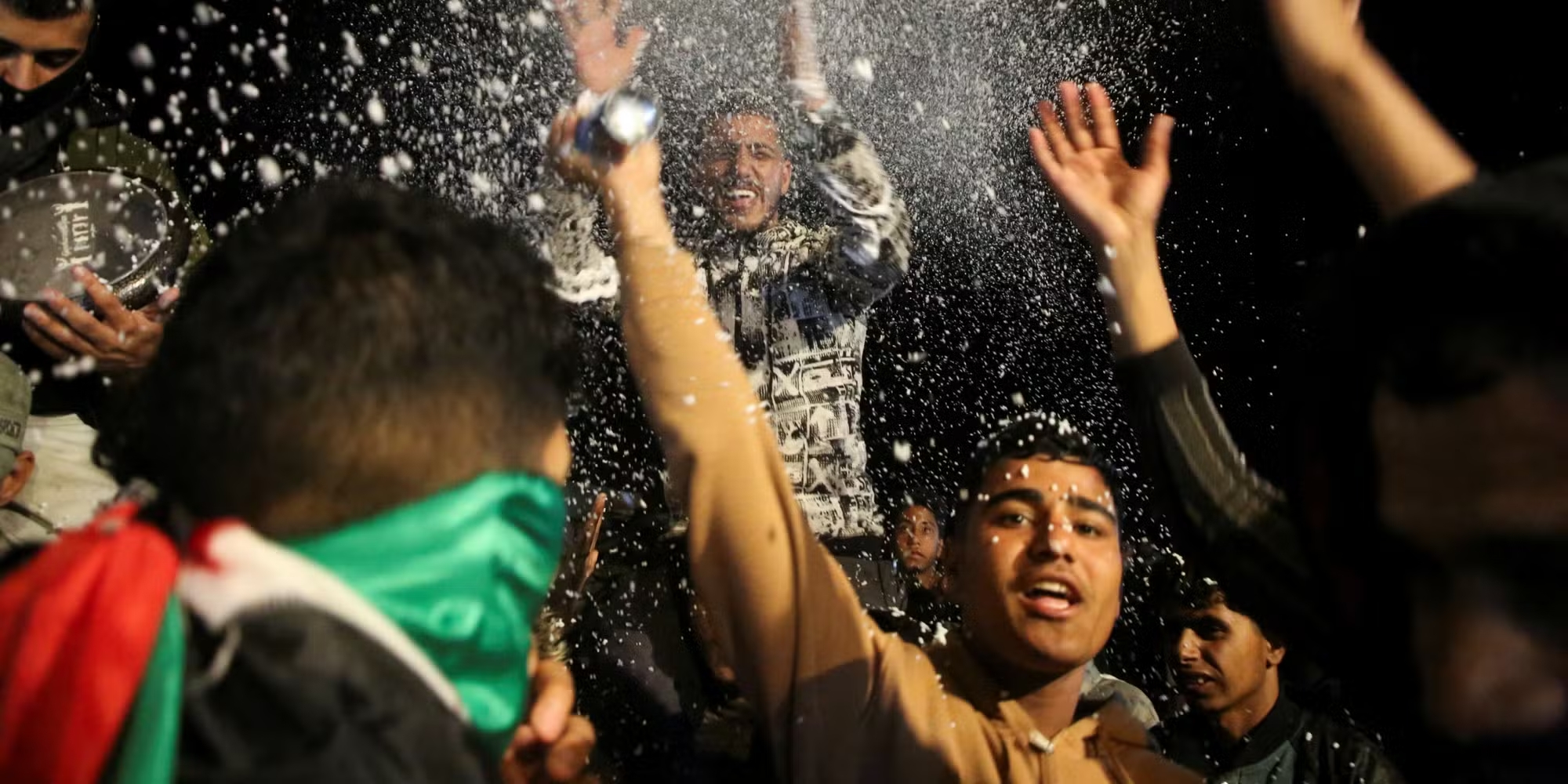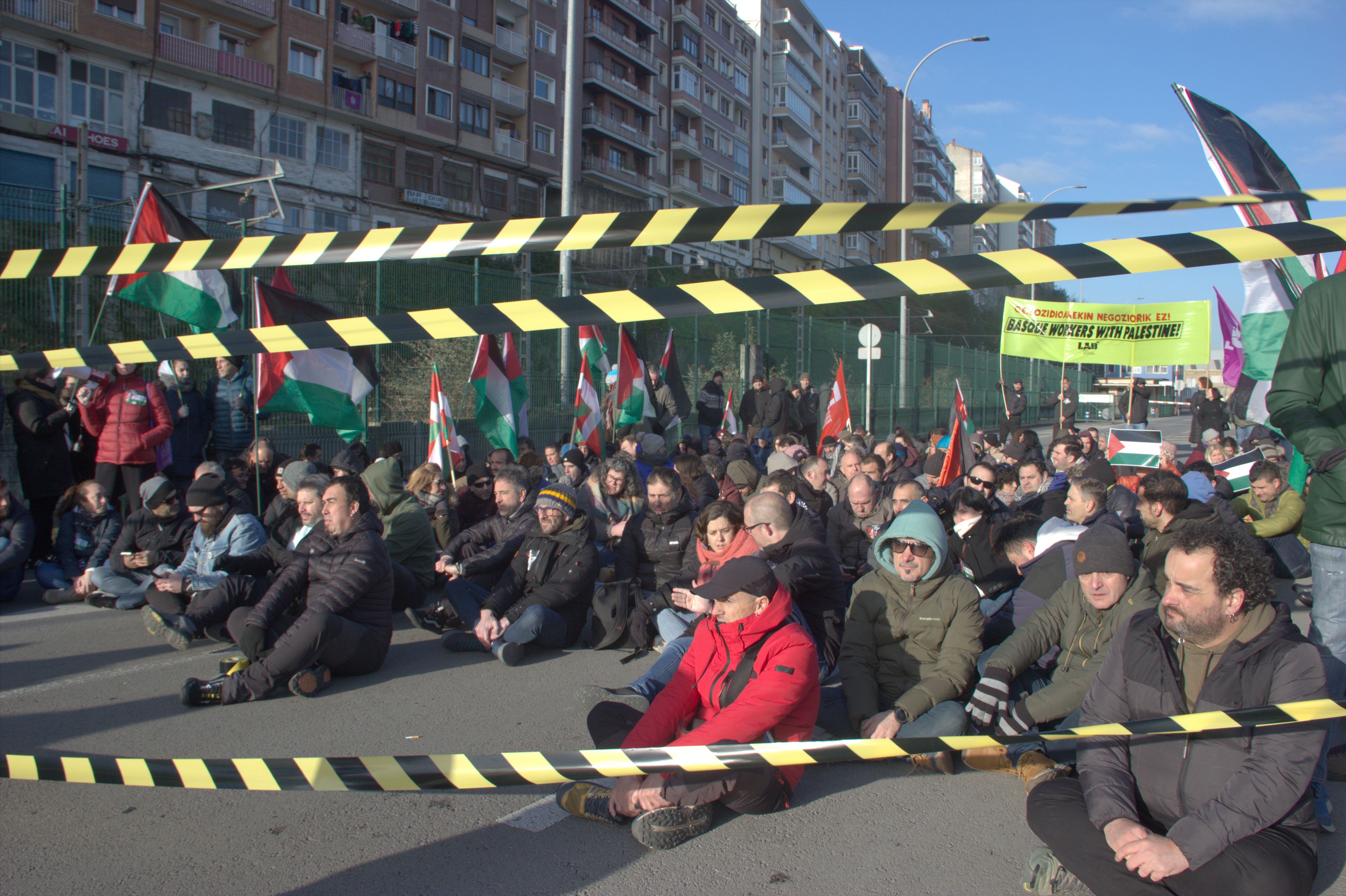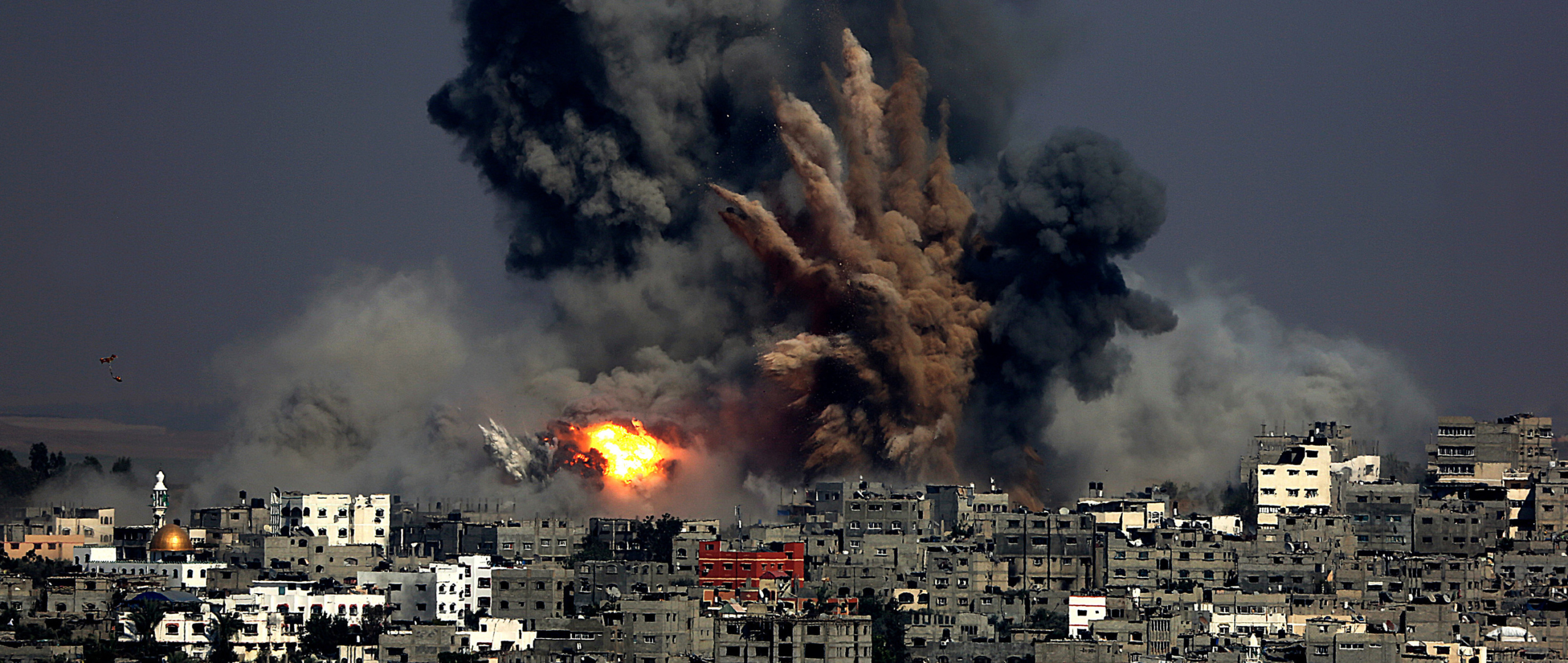The ban on UNRWA in East Jerusalem will further complicate aid to Gaza
- On January 30, Israel launched a ban on the UNRWA Office of Assistance and Labor for Palestine Refugees in East Jerusalem. Following the ceasefire agreed on January 15, they have the third exchange of hostages and prisoners this Thursday.

The Palestinians in Gaza are returning to their home in the context of the fragile ceasefire on 15 January. According to the Al-Jazeera media, there are already 500,000 returnees to northern Gaza. One of the major challenges of these days is to ensure humanitarian assistance to the influx of people arriving in the northern Gaza Strip. And that is why the decision of the UNRWA Office of Assistance and Labour for Palestine Refugees in the Occupied East is dangerous. In essence, the following notice was extended on January 28 by UNRWA Commissioner Philippe Lazzarini: "Without a political process and with very weak confidence in the international community, limiting our operations can jeopardize the ceasefire."
The ban is based on two laws passed by the Israeli Parliament in October last year. The first prohibits UNRWA activities in Israel, as well as in occupied East Jerusalem. The second prohibits Israeli officials from working with UNRWA. Knowing that the entrance to Gaza is controlled by the Zionist state, these two laws are another obstacle to the entry of humanitarian aid.
Whether residential or any basic infrastructure, more than 80 per cent of northern Gaza is completely destroyed. Thus, they have a red need for camping equipment: The Government of Gaza has consulted with international actors about 135,000 tents and/or caravans. Although there are no official figures, the return can also rhyme with death for uncracked bombs. Since the ceasefire, 23 such deaths would have occurred, according to the UN.
Exchange of hostages, third
The third exchange between hostages and prisoners is scheduled for 30 January: Israel should release 110 prisoners, including 30 children and 32 people sentenced to life imprisonment, and Hamas, for its part, eight, including three Israelis and five Thais. Although Hamas has released the eight, Benjamin Netanyahu has interrupted the process of releasing the prisoners for a couple of hours. It has postponed the exchange until a guarantee of "security" has been obtained in the release of the hostages that are still in the hands of Hamas.Al-Jazeera reports at 2 p.m., however, that, having obtained the guarantee, the release of the 110 prisoners has been resumed.
A three-phase ceasefire agreement was agreed on 15 January. Following the agreement, negotiations between the two sides should begin on the sixteenth day – mathematically on the 30th or 31st – in order to agree on the second phase of the ceasefire. The main topic of discussion will be the means to free all the hostages and to extract the Israeli army from Gaza.
In the West Bank, no ceasefire
As far as the West Bank is concerned, Israel has intensified its attacks on the Palestinians in recent days. It bombed the northern West Bank city of Tamun on 29 January and killed ten Palestinians. This month, 45 Palestinians have been killed by Israel in the West Bank, according to the Palestinian Ministry of Health.
A week earlier, on 21 January, the Israeli army had entered the Jenin refugee camp. Israel Katz, Israel’s defense minister, visited Jenin on January 29 and told them that “Tsahal [the Israeli army] will remain permanently in Jenin.”
The world has also done so, because it is a symbol, because in history more genocides have already been done and will be done (bad luck, hear, it has touched you to be born there), but Palestine has special characteristics:
- A long time ago, at the end of the 19th century, it... [+]









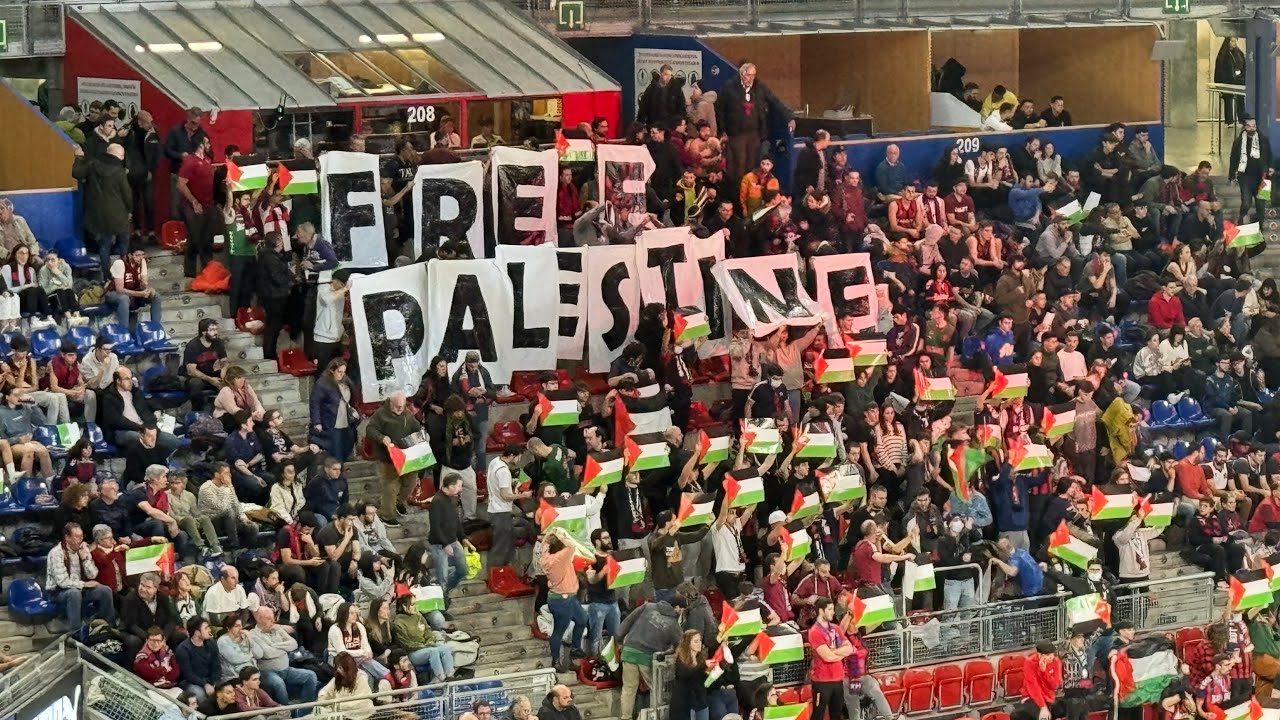


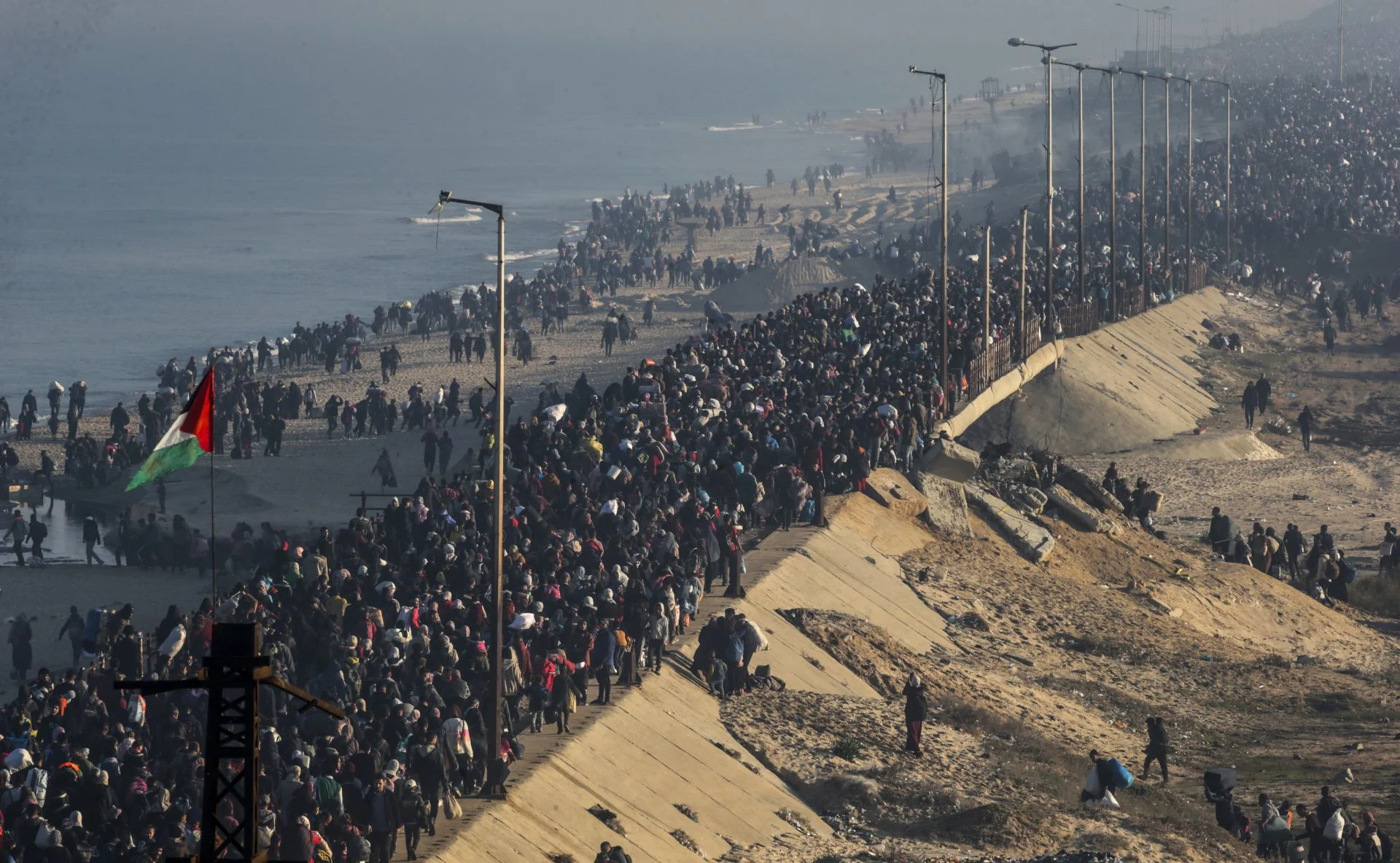
.png)
.jpg)

